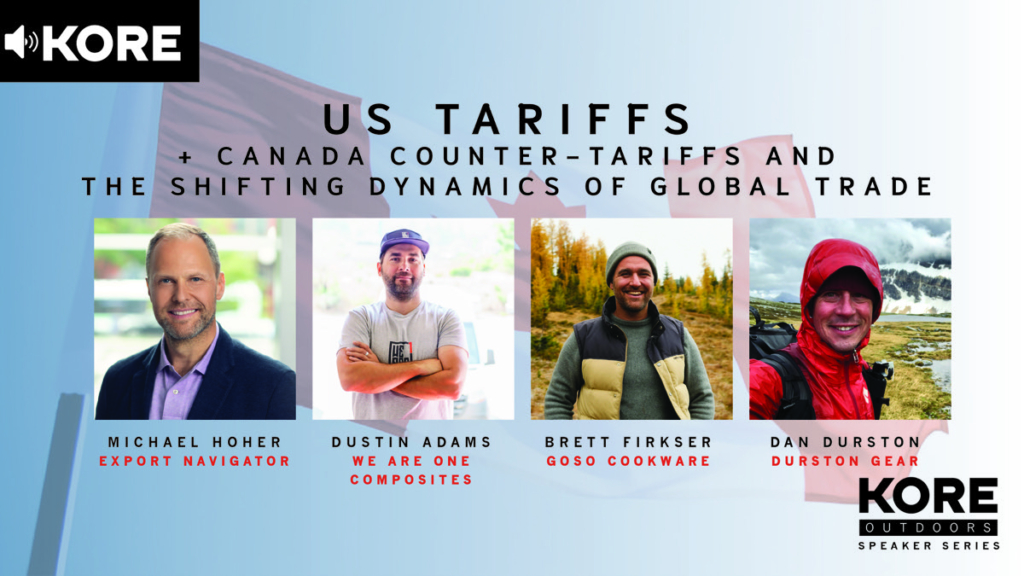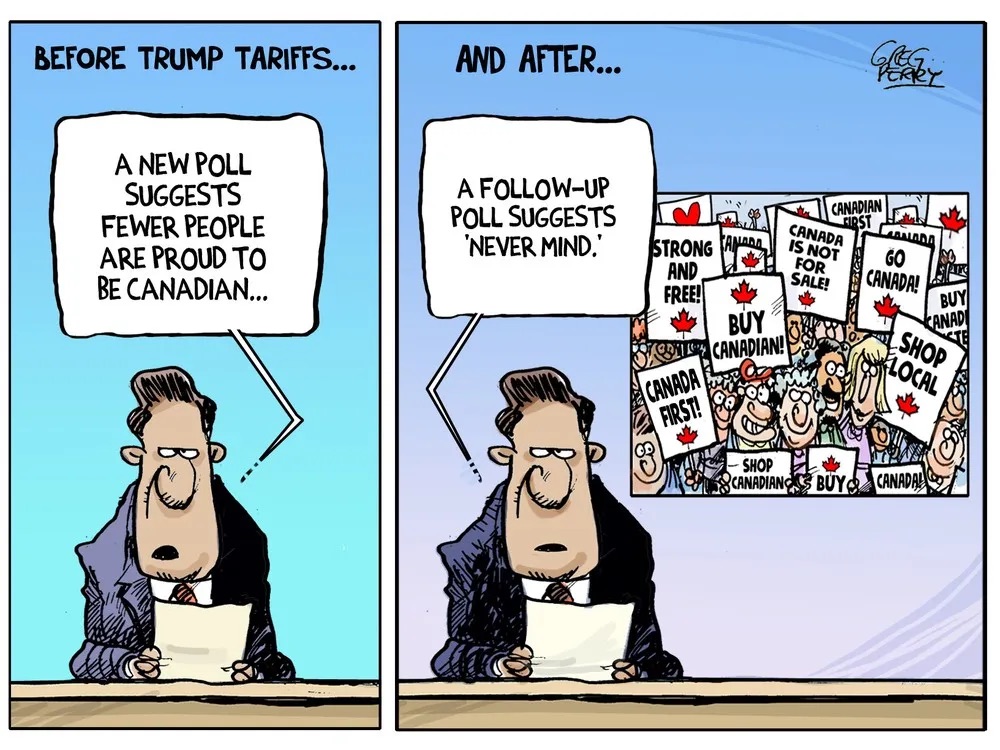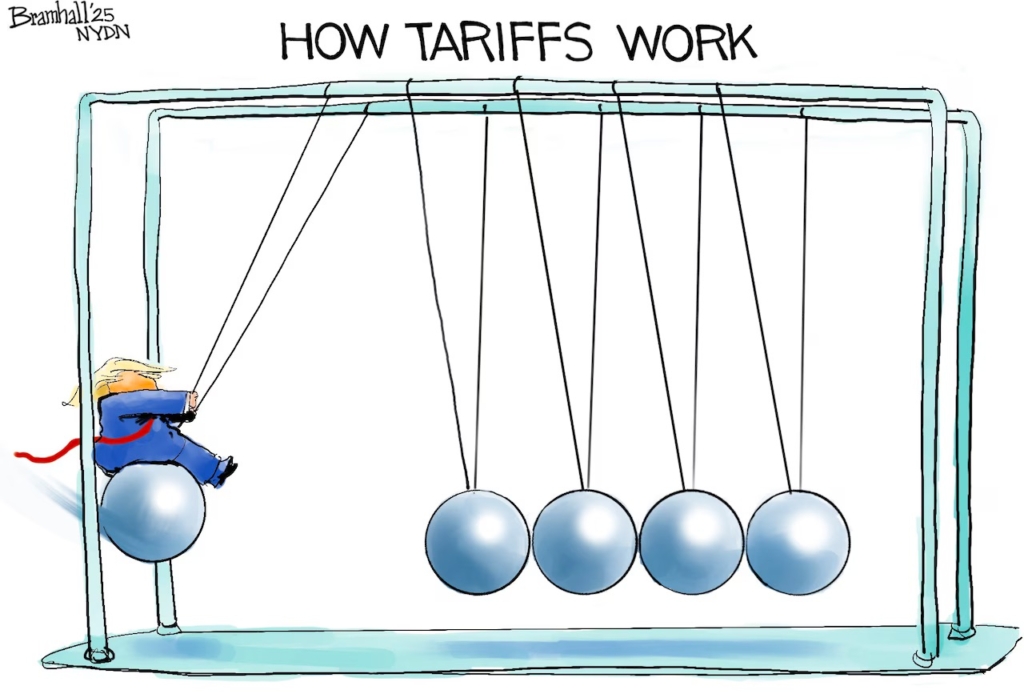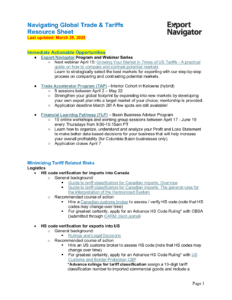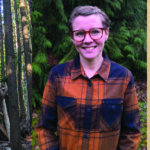Navigating Tariffs and the Global Trade Maze: Insights from the KORE Speaker Series
At the latest KORE online Speaker Series, Michael Hoher from Export Navigator and three entrepreneurs shared their insights into the current, ever-changing world of tariffs, trade, and outdoor manufacturing.
In the latest installment of the KORE Outdoors Speaker Series, four industry professionals shared their insights into the complex world of tariffs, trade, and outdoor manufacturing. The session featured Michael Hoher from Export Navigator, Dan Durston of Durston Gear, Dustin Adams of We Are One Composites, and Brent Firkser of GOSO Cookware. Each brought their unique perspective on the issue, from international trade strategy to the daily reality of running a manufacturing business in the Kootenays.
This article breaks down the key takeaways from each speaker, offering valuable lessons for anyone operating in the outdoor manufacturing space.
Michael Hoher: Demystifying Tariffs and Trade
Michael Hoher kicked off the presentation with a practical overview of global trade dynamics. As an advisor with Export Navigator, Michael helps small businesses across British Columbia tap into new markets. His talk laid the groundwork for understanding how tariffs work and what small manufacturers can do to stay competitive internationally.
Three key points from Michael’s presentation:
-
Tariffs are complex—but navigable: Michael explained that while tariffs can seem overwhelming, understanding the Harmonized System (HS) codes is crucial. These codes determine the tariff rate applied to goods crossing borders. Many small businesses don’t realize they have some flexibility in choosing codes depending on how a product is categorized.
-
Trade agreements can be your friend: Canada is part of numerous free trade agreements, including CUSMA and CPTPP. Michael emphasized that leveraging these agreements can dramatically reduce costs—sometimes to zero. However, proper documentation and rules-of-origin compliance are essential to benefit.
-
Avoid the “lazy exporter” trap: Many businesses ship to the U.S. simply because it’s easy. Michael urged entrepreneurs to look beyond the U.S. to markets in Asia and Europe, where Canadian goods are often in high demand and trade agreements may be even more favourable.
Dan Durston: Learning the Ropes of International Sales
Dan Durston, founder of Durston Gear, took the mic next, offering a firsthand account of exporting outdoor products. Known for his ultralight tents and gear, Dan has grown his Golden-based company into a beloved brand among backpacking enthusiasts worldwide.
Dan’s key talking points:
-
Understanding your customer is critical: Dan explained that when he expanded into international markets, he had to learn not only the tax implications but also what different customers valued. For instance, customers in Europe might prioritize sustainability or packaging differently than those in North America.
-
Documentation is a hidden hurdle: One of Dan’s biggest early challenges was paperwork. He shared how even a minor mistake in customs documentation could result in major delays or costs. He now uses third-party customs brokers to streamline the process.
-
Stay nimble and DIY: True to his brand’s ethos, Dan stressed the importance of staying lean and adaptable. He still manages many logistics himself and keeps overhead low to maintain control and flexibility in a fast-changing trade landscape.
Dustin Adams: Building a Vertical Brand from the Ground Up
Next came Dustin Adams, founder of We Are One Composites, which manufactures high-performance carbon fibre bike components entirely in Kamloops. Dustin’s approach is proudly vertical: they do everything in-house, from R&D to production.
Highlights from Dustin’s talk:
-
Tariffs are a wake-up call: Dustin revealed that it was U.S. tariffs on Chinese goods that actually pushed him to start manufacturing in Canada in the first place. Instead of being dependent on overseas suppliers, he built a fully Canadian supply chain.
-
Homegrown quality wins: While it’s more expensive upfront, Dustin argued that building locally gives his company more control over quality and innovation. His team can pivot quickly and produce precisely what their riders need without waiting on overseas production schedules.
-
Culture matters: One of the biggest takeaways from Dustin’s segment was the emphasis on workplace culture. He’s created a high-performance, high-accountability environment that mirrors what his customers expect from his company’s products.
Brent Firkser: Now’s the Time For Community
Closing out the session was Brent Firkser, founder of the new, Nelson-based company GOSO Cookware. Brent offered a relatable look at how his cookware startup is navigating tariffs, logistics, and customer expectations.
Brent’s insights:
-
The shipping struggle is real: Brent talked candidly about the costs and headaches of international shipping. His advice? Build shipping and tariff fees into your pricing from day one. Transparency is key, especially when selling direct to consumer.
-
Value perception varies by country: Brent emphasized that different markets assign different value to your product. For example, his cookware is perceived as a high-end premium item in some places and just “decent” in others. Marketing needs to adapt accordingly.
-
You’re not alone: Brent concluded with a rallying call for community. He credited his growth to being part of peer networks like KORE, where he could learn from others’ mistakes and successes.
In short, there’s a world of opportunity out there, but also one of paperwork. If there’s one thing this Speaker Series made clear, it’s that exporting from the Kootenays is full of potential — but not without its challenges. Whether you’re navigating HS codes, managing customs, or building a Canadian supply chain from scratch, there’s no shortage of lessons to learn. Fortunately, with people such as Michael, Dan, Dustin, and Brent and the entire KORE community in your corner, it’s entirely possible for your business, and the entire Kootenay outdoor manufacturing sector, to thrive globally.

